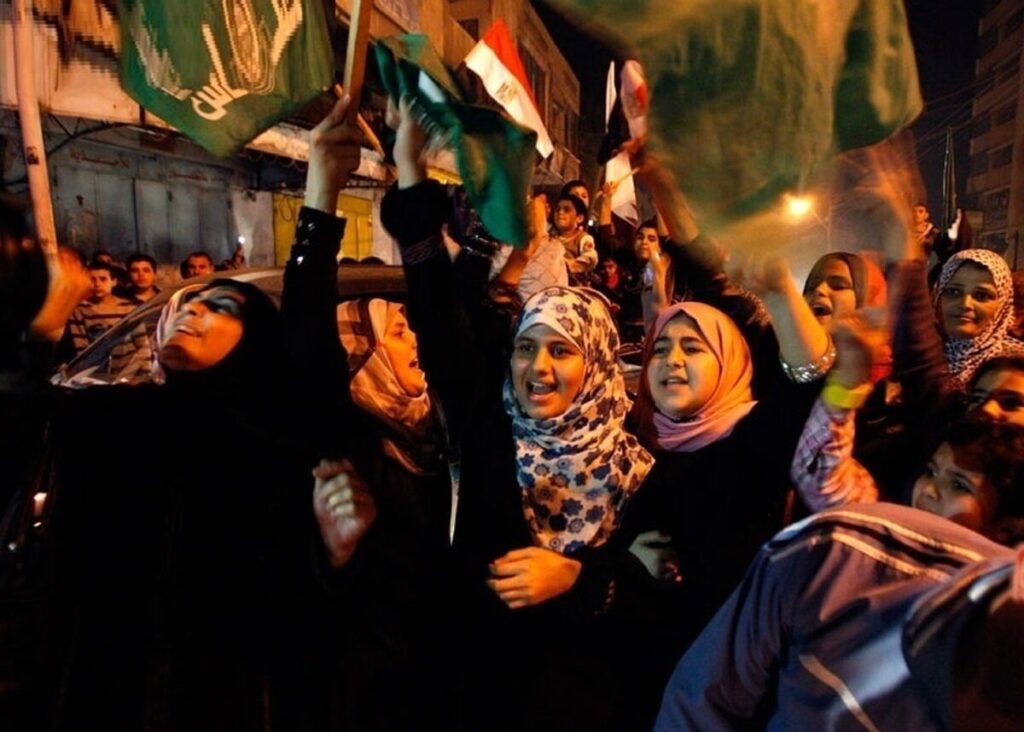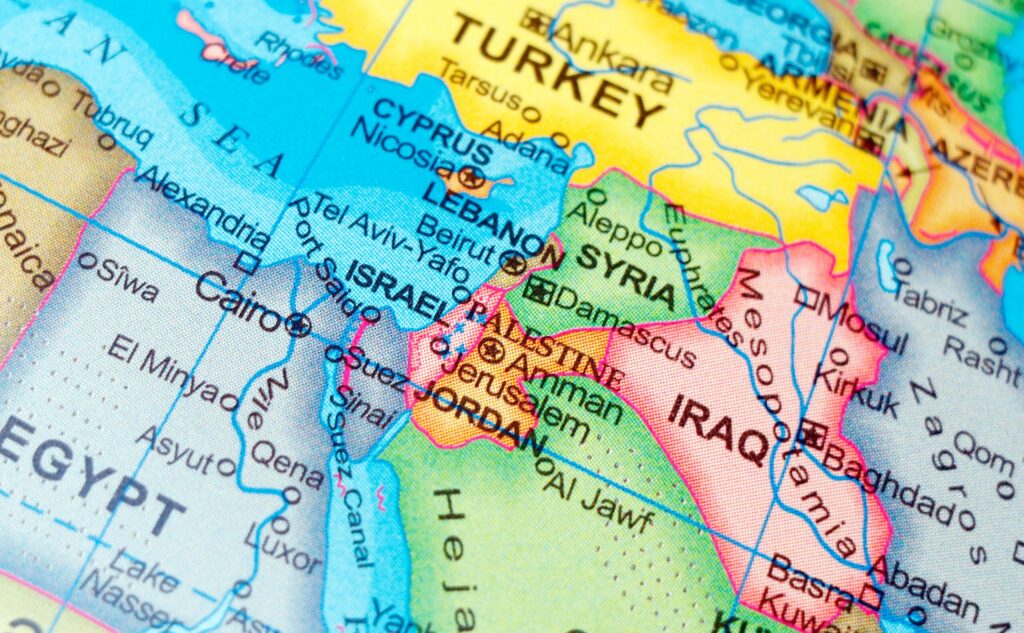UPDATES
Syria Under Fire as Assad Slowly Loses Supporters
Aug 8, 2011 | Daniel Meyerowitz-Katz

Another stark reminder of the astounding brutality displayed by the Assad regime in Syria surfaced last week when the Guardian translated and published a harrowing account of Syrian woman Samar Yazbek’s shocking torture at the hands of Syrian authorities.
Two huge men entered the room. They stood in readiness, in plainclothes. One of them stood to the right and the other to the left. With a signal from his eyes, each seized me by the shoulders, though not roughly. They seized me as if I were some object, easy for them to move. I did not resist when they started to lift me out of my chair. I even stood up, surprised at what was happening. Would they finally arrest me, putting this nightmare to an end? One gave the officer a jaunty look, and I looked at him not knowing what was next. I tried to read some good news in their eyes, body movements and demeanour. He was neutral, looking at some spot in the room. The two of them put a band of cloth over my eyes. Moments later, I was blindfolded, and noticed a strange smell from the cloth. A strong arm seized me, an arm sure of its grasp of my elbow, of its push and pull. Then I straightened up and shouted, “Where are you taking me?”
In light of these reports, it is encouraging that, after months of silence on the Assad regime’s violent suppression of ongoing protests, condemning Syria seems to have finally caught-on in the international community. In the wake of last week’s Presidential Statement from the UN Security Council, a condemnation has emerged from the Gulf Cooperation Council (GCC) – a significant development given the GCC’s status as a collection of arguably the most stable and wealthy of the Arab states. One Qatari newspaper even went so far as to depict President Bashar al-Assad as Hitler (above).
One party in particular that has been taking an increasingly harsh stance toward Syria is Turkey. As noted in today’s editorial in The Telegraph (UK),
Syria’s cloak of respectability as a stabilising regional force has been ripped to shreds since the protests began in March. That is reflected in the concern expressed not only by the United States and Europe but also by its powerful neighbour, Turkey, whose foreign minister is due in Damascus tomorrow with the message that Ankara has run out of patience with Mr Assad. The president is no doubt relieved that Nato has ruled out military intervention. But he should not be surprised if foreign powers decide to arm the rebels. Despite the largely peaceful nature of the demonstrations, the violence which he has inflicted invites violent retribution.
In fact, Turkey has become so hostile toward Syria that, as translated by MEMRI, an Iranian newspaper has come out with critical statements regarding Turkey’s shifting policies. Moreover, MEMRI has reported on rumours in the Arab media that the UN High Commissioner on Refugees is about to condemn Iran and Hezbollah for killing Syrian soldiers who refused to shoot at protesters.
According to the Arab media, a committee of the United Nations High Commissioner for Refugees (UNHCR) is soon to issue a report revealing that Hizbullah and IRGC [Iranian Revolutionary Guard Corps] activists stationed in Syria have been involved in killing Syrian soldiers who were arrested for refusing to shoot demonstrators. The 20-page report is based on testimonies and photographs by Syrian refugees and by defectors from the Syrian army who have fled to Turkey.
This is particularly significant in light of the possibility that a number of Syrian troops have been defecting from the Syrian military in order to defend the protesters. As Atlantic blogger Steve Clemons has noted,
At roughly 2 am Washington, DC time and 3 pm here in Tokyo, I watched CNN International Anchor Reggie Aqui interview an anonymous, compelling first hand witness of a Syrian government assault on the northeastern city of Deir Ezzor.
The witness who reported that tanks and mercenaries and other thugs of the national government were attacking part of the city and firing random shots. He then said that he had what he considered to be “important news” that approximately 350 soldiers were attempting to protect civilians and were firing at the attacking forces.
The loss of military support for the dictator marked the turning points in the Egyptian and Tunisian revolutions. As this blog has previously noted, Syria’s military is primarily controlled by Assad’s minority Alawite sect, and therefore may be unwilling to side with the largely Sunni protesters. That said, there is always a possibility that they can be prised away from their leader given his waning popularity and the severe difficulties that the authorities face in maintaining order, or the mainly Sunni rank and file can sucessfully turn on their Alawite commanders.
While not necessarily a decisive factor, winning-over Syria’s business community would certainly be a coup for the opposition and could perhaps turn momentum against Assad enough that more soldiers begin to question their subservience to his regime. Randa Slim has written an article on ForeignPolicy.com that describes the different facets of this community and argues that they could be pressured to defect through a combination of targeted sanctions by Turkey, the US and the EU as well as the formation of a credible opposition.
The traditional and larger Syrian business community is comprised of the merchant families of Damascus and Aleppo, the majority of whom are Sunni but also includes an important Christian component. This group is part of the Syrian silent majority. Like any business community, this group abhors instability. Unlike the first group, however, they do not feel that they have a horse in this fight. They are neither pro-Assad nor are working assiduously to overthrow him. The majority of them are sitting on the fence watching how this fight will unfold. They are worried about the Iraqization scenario in Syria and often fear instability and civil war more than they hope for political change.
… To date, the cost for Syria’s traditional business families of shifting their political allegiances remains too high and the benefits of political change are too low especially in light of the current stalemate between the regime and the protesters… U.S. Secretary of State Hillary Clinton is correct in pointing out that change is up to the Syrians, and that the Syrian opposition must start laying out a credible transitional plan. The traditional Syrian business community must be convinced that there is a credible and viable political alternative to Assad… Threats of sanctions would force them to conduct their own assessments of whether the costs associated with being an international pariah are worth the benefits incurred from supporting a regime that might be in its last throes.
There are many policy options short of military intervention that could potentially hasten the fall ofthe Assad regime. Hopefully, all the relevant policy makers are aware of these and we will see more significant action being taken soon.
Daniel Meyerowitz-Katz
Tags: Iran











